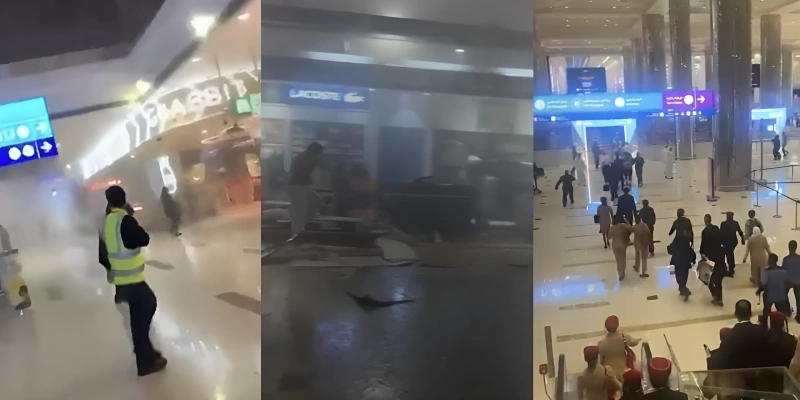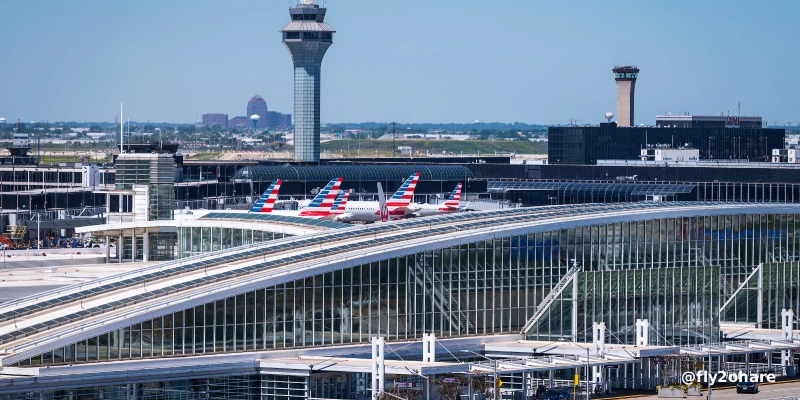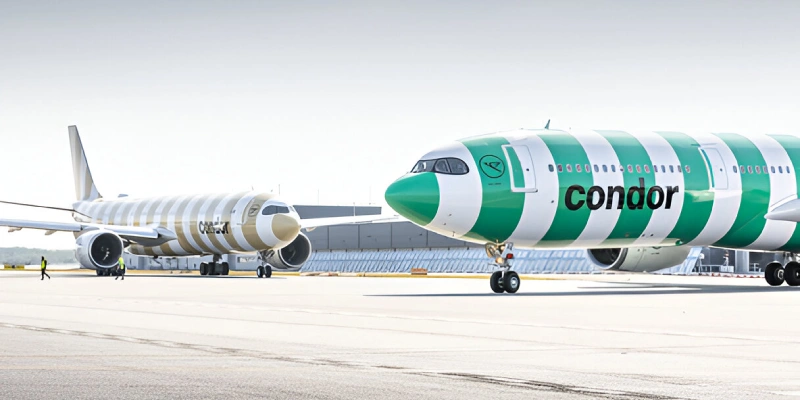A South Korea-led investigation has uncovered evidence that the pilots of the Jeju Air flight, which crashed on December 29, 2024, at Muan Airport, shut down the wrong engine following a bird strike. According to a source with direct knowledge of the case, cockpit voice recordings, computer data, and a switch found among the aircraft’s wreckage indicate that the pilots deactivated the left engine, which was less damaged, instead of the right engine.
“The evidence is clear and data-backed. The investigators’ conclusion will not change,” the anonymous source stated, as the official report has yet to be released.
The Deadliest Accident on South Korean Soil
The crashed aircraft, a Boeing 737-800 operated by Jeju Air, was carrying 181 people on a flight from Bangkok. Only two survived. The plane veered off the runway during an emergency belly landing, crashing into an embankment that housed navigation equipment. This triggered a fire followed by a partial explosion.
This accident has become the deadliest ever recorded on South Korean territory.
Why Was the Wrong Engine Shut Down?
During a briefing with the victims’ families, investigators confirmed that the right engine had sustained greater damage after the bird strike. However, circumstantial evidence suggests the pilots shut down the left engine, which was less affected.
A preliminary report released in January revealed the presence of duck remains in both engines but did not detail the extent of damage to each.
→ New Details in Air India Crash Investigation Focus on One of Pilots
Mixed Reactions: Pilots, Families, and Media
The South Korean Aviation and Railway Accident Investigation Board (ARAIB), leading the analysis, halted the release of a press statement after objections from the victims’ families.
According to the families’ lawyers, the report’s content appeared to place blame directly on the pilots without considering other contributing factors. Meanwhile, the Jeju Air pilots’ union accused ARAIB of “manipulating public perception” by suggesting the left engine was in good condition, despite also containing bird remains.
The union further alleged that the investigation has so far avoided addressing organizational responsibilities and warned that no conclusive technical evidence has been presented to prove the aircraft could have landed with only one engine operational.
The Embankment: A Factor That Worsened the Impact
Both the families and aviation experts have pointed out that the embankment the plane struck may have significantly contributed to the high death toll. The accident was not solely the result of an engine shutdown but also the airport’s physical environment and infrastructure design.
What Comes Next in the Investigation
Jeju Air has stated that it continues to cooperate actively with the investigation and awaits the official report. Under international regulations, the final report is expected to be published within one year of the accident.
The Jeju Air case illustrates how multiple factors can converge in an aviation tragedy. As the final report is awaited, public pressure and demands for transparency continue to grow.
Related Topics
Staged Restart of Operations Announced at Gulf Hubs Amid Mass Flight Cancellations
Middle East Airport Crisis: Infrastructure Attacks, Massive Operational Disruption, and Thousands of Travelers Stranded
FAA Proposes Flight Reductions at Chicago O’Hare to Avert Summer Operational Collapse
Condor to Move Operations to Frankfurt Airport’s New Terminal 3 in 2027

Plataforma Informativa de Aviación Comercial con 13 años de trayectoria.




